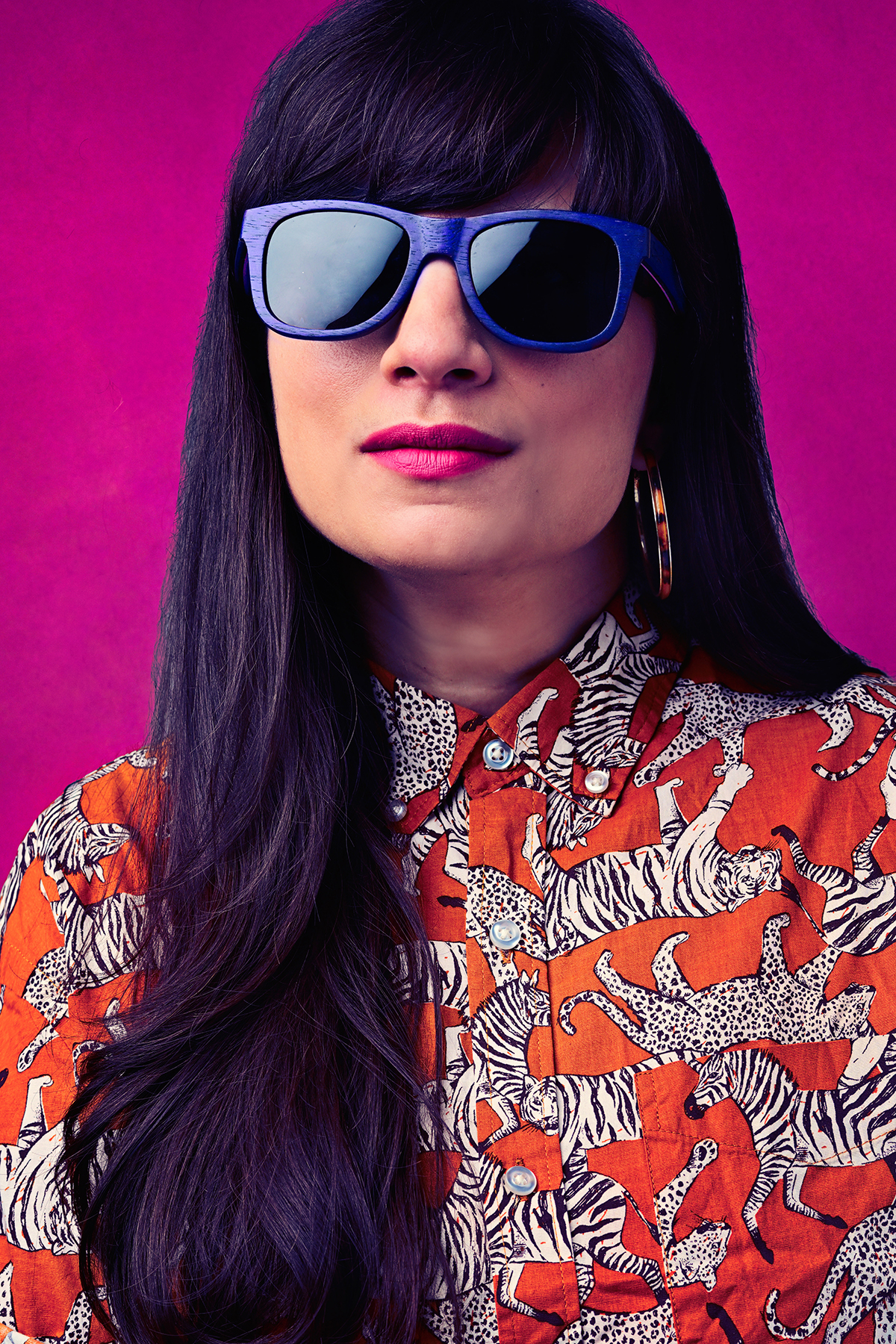
Lately, I find myself saying, “Thank you, Alexa!” after asking her a question. Anyone else feeling like they should be extra nice to their tech these days? With the increasingly fast advancement of artificial intelligence technology, some of us are uneasy and wondering when the other shoe will drop. Artists are afraid of being replaced. AI art generators are no longer creating cartoonish illustrations of people with nine fingers. In just a matter of months not only has the technology corrected many telltale signs that a piece of art was computer generated, but its ability to create photorealism has photographers wondering whether their clients will soon turn to this inexpensive alternative rather than hiring them for the job. Even as I type this, I know that over the next couple of months, there are bound to be even more profound advancements.
As a lifelong student of the cautionary cinema classics “The Terminator” and “Terminator 2: Judgment Day,” I feel I’ve been training for the computer uprising my whole life. Though I’ve been eager to welcome our robot overlords, that doesn’t mean I’m not nervous. Today I’m predominately a headshot photographer, which could be one of the first commodity-based photographic fields to be affected. I try to provide a great product with easy booking, quick sessions, and fast turnaround times. But how can I compete with someone lying in bed, uploading a couple of selfies to an app and getting back polished headshots before they get up to make their coffee?
But we’ve been here before. Remember the digital revolution? That transition was underway when I joined the profession, and I was quickly labeled a mom with a camera.
“AI isn’t going away, so we must adapt. I’ve seen photographers already using AI in fantastic ways, including storyboarding shoot ideas and brainstorming blog topics. I’m using it to help create a new product line for my corporate clients. Now’s the time to innovate, not run.”
Kira Derryberry
This new wave of photographers who were able to access low-cost, user-friendly digital cameras and to start businesses from home while raising children were considered by some as a threat to professional photography. Soon, the consumer would be flooded with low-cost, high-volume family photography, the art of printing photos would be dead, and all real professionals would be out of business. While it was an exciting time to get into the field for newcomers, those who’d already been in it wondered if their days were numbered.
The next decade was a period of intense growing pains, education, and for some, struggle. But out of it was born exciting technology that improved our ability to head up profitable businesses and work more efficiently. And while some businesses foundered because they didn’t adapt, others experienced a new season of growth.
I know, I know. This is not that, and I don’t have all the answers. My advice is this: Don’t panic. AI isn’t going away, so we must adapt. I’ve seen photographers already using AI in fantastic ways, including storyboarding shoot ideas and brainstorming blog topics. I’m using it to help create a new product line for my corporate clients. Now’s the time to innovate, not run. (Although, if I start seeing robot skeletons walking down the street, I reserve the right to change my pace.)
There are a lot of unanswered questions—including many surrounding copyright—that will take time to untangle. This is the time to be alert and ready to learn as much as we can. However this shakes out, I have no doubt professional photography will thrive, although most likely in different ways. And that’s not always a bad thing.
Kira Derryberry is a studio owner and portrait and headshot photographer in Tallahassee, Florida.
Tags: post capture
